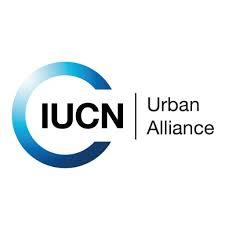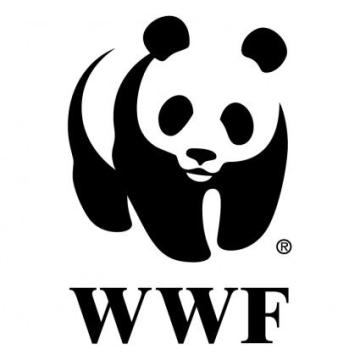
The Greater Cape Town Water Fund

The Greater Cape Town Water Fund (GCTWF) was established by The Nature Conservancy in collaboration with the City of Cape Town and a coalition of partners in response to serious water insecurity in the greater Cape Town region.
The GCTWF brings together private and public sectors stakeholders to restore the catchments supplying the city's water. The Fund aims to support and align with existing initiatives and act as a catalyst for systemic change in catchment management by cost-effective use of resources, strengthened capacity, and robust monitoring and evaluation.
The Fund will stimulate funding and implementation of catchment restoration efforts and, in the process, create jobs and momentum to protect global biodiversity and build more resilient communities in the face of climate change.
In 2018, the Fund published a business case for ecological infrastructure investment which articulated the value of landscape-level interventions to secure and protect critical water catchment areas around Cape Town.
Contexte
Challenges addressed
Emplacement
Impacts
The Business Case puts forward ecological infrastructure restoration as a critical component of efforts to enhance water security for all users of the Western Cape Water Supply System (WCWSS)
Results from the assessment show that investing US$ 25.5 million in the critical WCWSS sub-catchments will generate expected annual water gains of 100 billion litres (100 Mm3) within thirty years, half of which would become available in just 5 years compared to the business as usual scenario.
The study found that catchment restoration is significantly more cost-effective than other water augmentation solutions, supplying water at one-tenth the unit cost of alternative options. It produces greater water yields than all other supply options except desalination, which is far more costly. The results of catchment restoration programmes will become rapidly, with improved supply showing as soon as the first winter rains arrive. Furthermore, catchment restoration produces water yield gains into perpetuity if areas cleared of invasive alien plants are properly maintained.
















